
Top Signs That You Have Candida Infection and What to Do About It
Candida is a type of yeast that naturally lives on our skin, in our digestive system, and in other areas of our bodies. In small amounts, it’s harmless and even helps with digestion. However, when the balance of "good" bacteria is disrupted, Candida can overgrow, leading to a fungal infection known as candidiasis.
This article will help you identify the common signs of Candida overgrowth and provide natural remedies to help restore your body’s balance.

Common Signs of Candida Overgrowth
Candida overgrowth can cause a wide range of symptoms, depending on where the infection is located. Pay attention to these common indicators:
-
Skin and Nail Issues: Chronic fungal infections, athlete's foot, ringworm, psoriasis, or eczema.
-
Oral Thrush: White, patchy spots on your tongue, inner cheeks, or throat.
-
Digestive Problems: Bloating, gas, constipation, diarrhea, or a feeling of something "off" in your gut.
-
Chronic Fatigue: A persistent feeling of tiredness or a lack of energy that isn't relieved by rest.
-
Mood Swings: Feelings of depression, anxiety, or irritability.
-
Vaginal Infections: Recurring yeast infections, itching, or urinary tract infections.
-
Sugar Cravings: An intense desire for sugary foods or refined carbohydrates, as Candida feeds on sugar.
Natural Remedies to Help Fight Candida
Treating a Candida overgrowth often involves a two-pronged approach: starving the yeast and introducing substances that kill it.
1. Adjust Your Diet
Since Candida thrives on sugar and carbohydrates, the most effective way to combat it is by changing your diet.
-
Reduce Sugar and Carbs: Temporarily cut back on all forms of sugar, including fruit, and simple carbohydrates like white bread and pasta.
-
Increase Healthy Fats: Incorporate healthy fats like extra virgin coconut oil and olive oil, which can help inhibit Candida growth.
-
Stay Hydrated: Drink plenty of filtered water to help flush toxins from your system.
2. Add Probiotics
Probiotics are beneficial bacteria that help restore balance in your gut. This is especially important if you've recently taken antibiotics, which can wipe out both good and bad bacteria. Look for a high-quality probiotic supplement to help your body's natural defenses keep Candida in check.
3. Antifungal Foods and Supplements
Certain foods and supplements have natural antifungal properties that can directly target Candida.
-
Coconut Oil: Coconut oil contains caprylic acid, which has been shown to be very effective against Candida. It works by creating tiny holes in the yeast's cell wall, causing it to die. You can take 3-4 tablespoons of organic extra virgin coconut oil a day or opt for a caprylic acid supplement.
-
Garlic: Garlic is a powerful natural antifungal. Crush fresh garlic and let it sit for a few minutes to activate the compound allicin, then consume it raw or in capsule form.
-
Apple Cider Vinegar (ACV): ACV can help rebalance your body’s pH, making it a less hospitable environment for Candida. Add 2-3 teaspoons of raw, unfiltered ACV to a glass of water and drink it 2-3 times a day.
-
Oil of Oregano: This powerful oil contains carvacrol and thymol, two compounds with strong antifungal properties. It's potent, so only a few drops are needed, mixed with water. Be aware that it can kill beneficial bacteria as well, so it's best to use it in conjunction with probiotics.

When to See a Doctor
While these natural remedies can be effective, it’s important to seek medical advice if your symptoms are severe, persistent, or worsen. A healthcare professional can provide a proper diagnosis and treatment plan, especially if the infection is serious or has entered the bloodstream.
News in the same category


The Most Effective Ways to Naturally Get Rid of Clogged Ears

Most US Neurologists Who Prescribe MS Drugs Take Industry Money
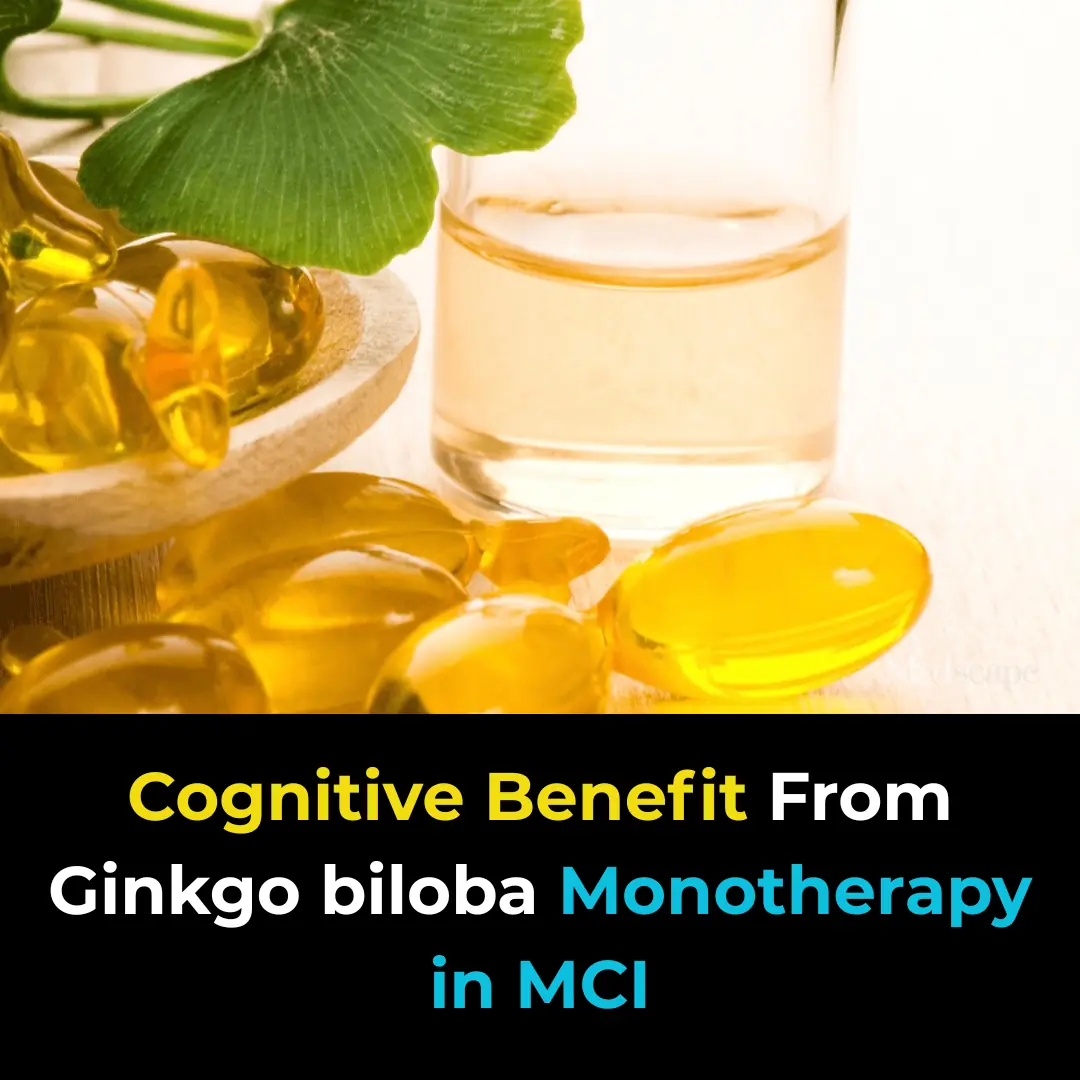
Cognitive Benefit From Ginkgo biloba Monotherapy in MCI

Keeping Up on HS Management When Guidelines Are Outdated

How Your Body Changes in Your Forties and What It Means for Your Health

17 Foods That Increase Magnesium And Prevent High Blood Pressure, Blood Clots And Muscle Fatigue

New Blood Test Shows Over 90% Accuracy for Lyme Disease

Is AI Use Causing Endoscopists to Lose Their Skills?

7 silent signs of high blood sugar most people miss

If you didn’t drink more water, why are you peeing so often?
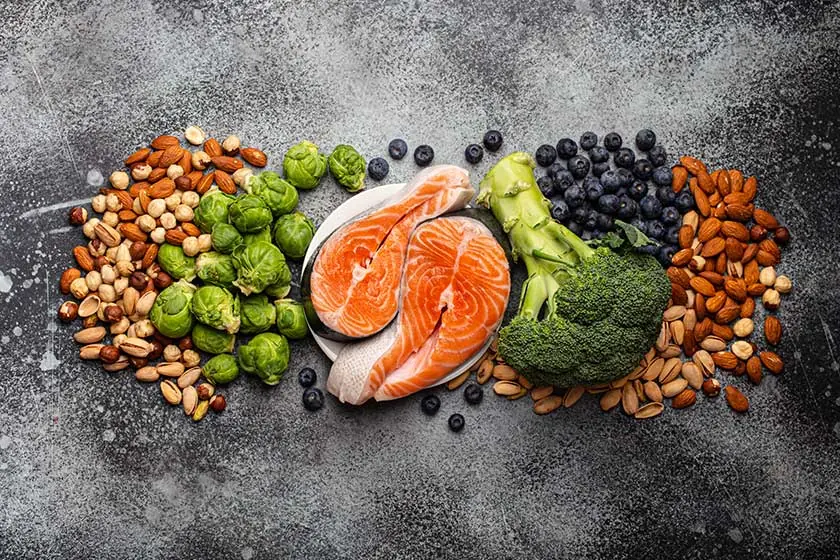
9 Foods to Eat Regularly to Maintain a Sharp Brain and Prevent Memory Loss as You Age
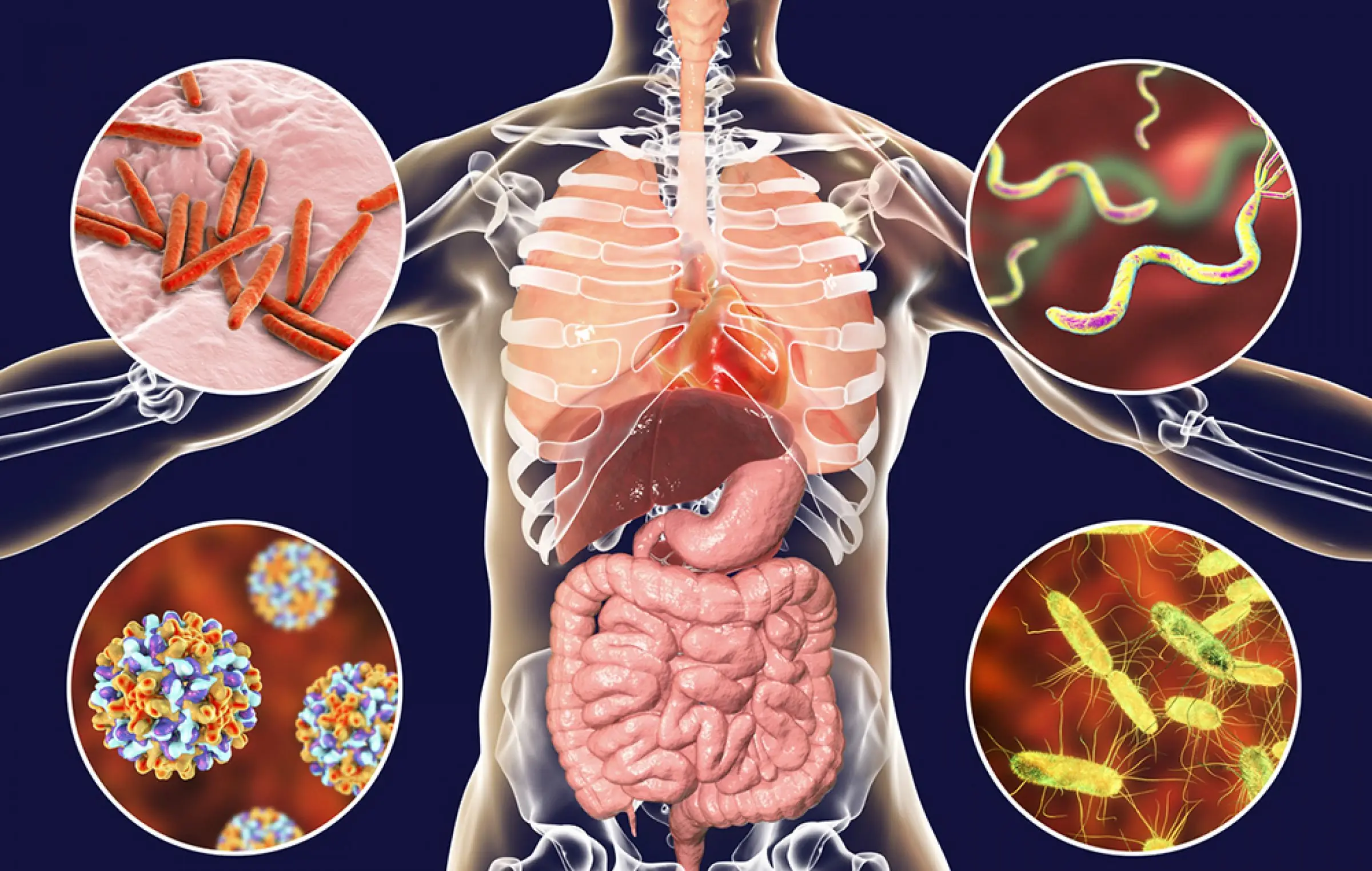
How to Get Rid of Worms in Humans (Including Parasite Cleanse Diet)
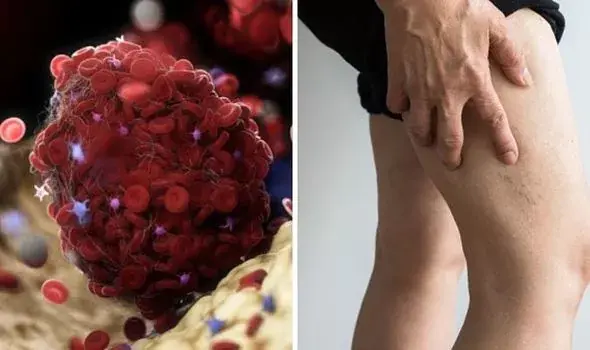
Blood Clot in Leg: Signs and Symptoms You Shouldn’t Ignore

The Music That You Listen To Literally Causes Changes In Your Brain

Scientists: 3 Days of Silence Is Enough to Rewire Your Brain

8 Common Hygiene Myths You Shouldn’t Believe

Early Signs of Liver Damage & How to Strengthen Your Liver
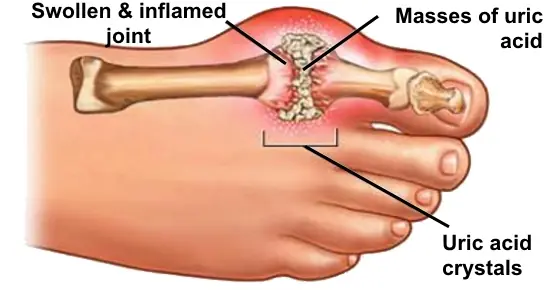
The Best Natural Gout Treatments: Remove Uric Acid Crystallization To Prevent Gout And Joint Pain
News Post

Blood Clot in Leg: Signs and Symptoms You Shouldn’t Ignore (Pictures Included)

Weak Toilet Flush with No Suction Power? A Simple DIY Hack from the Pros
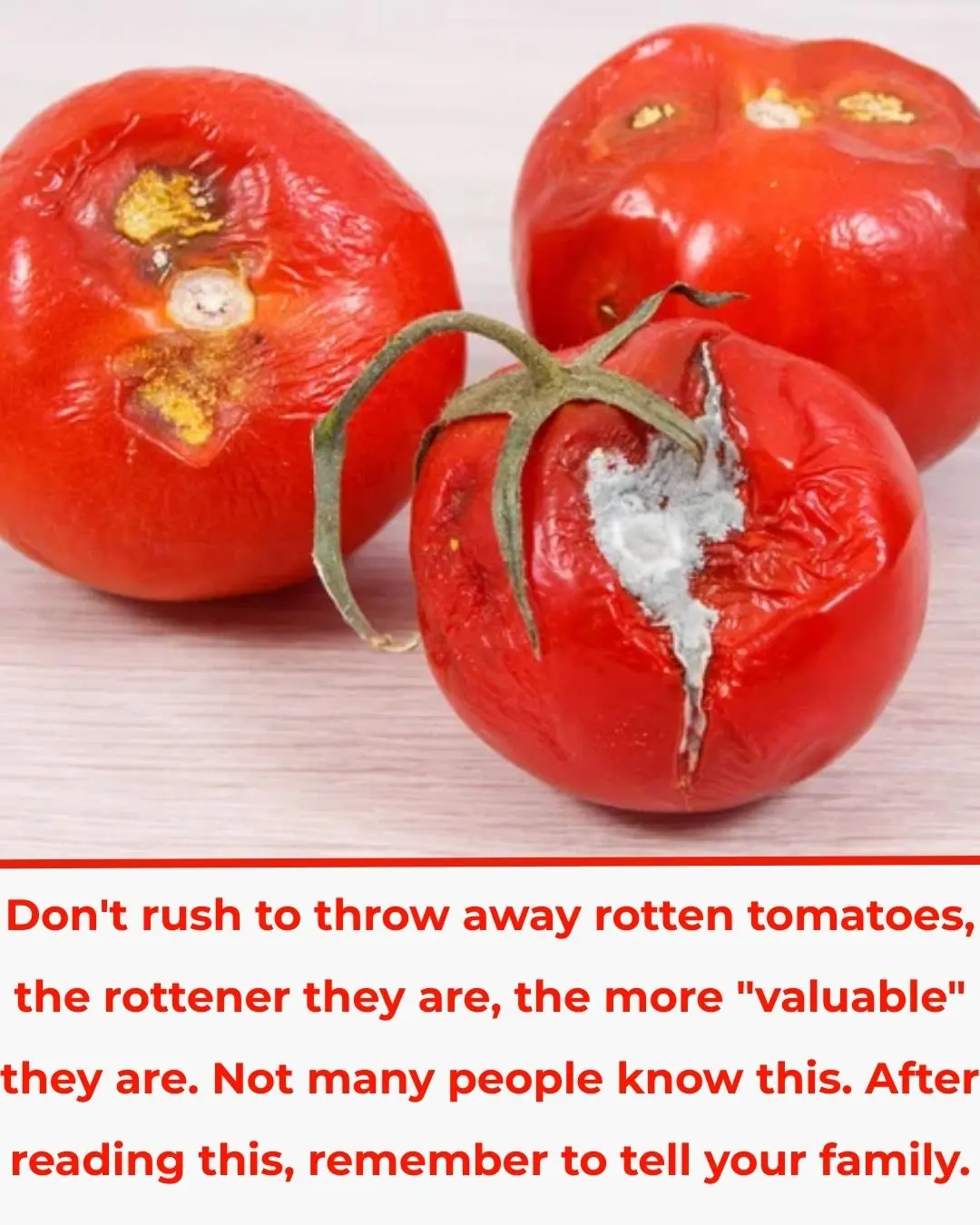
Don’t Throw Away Rotten Tomatoes – The More Rotten, the More “Valuable”! Few People Know This, So Share It with Your Family

The Most Effective Ways to Naturally Get Rid of Clogged Ears
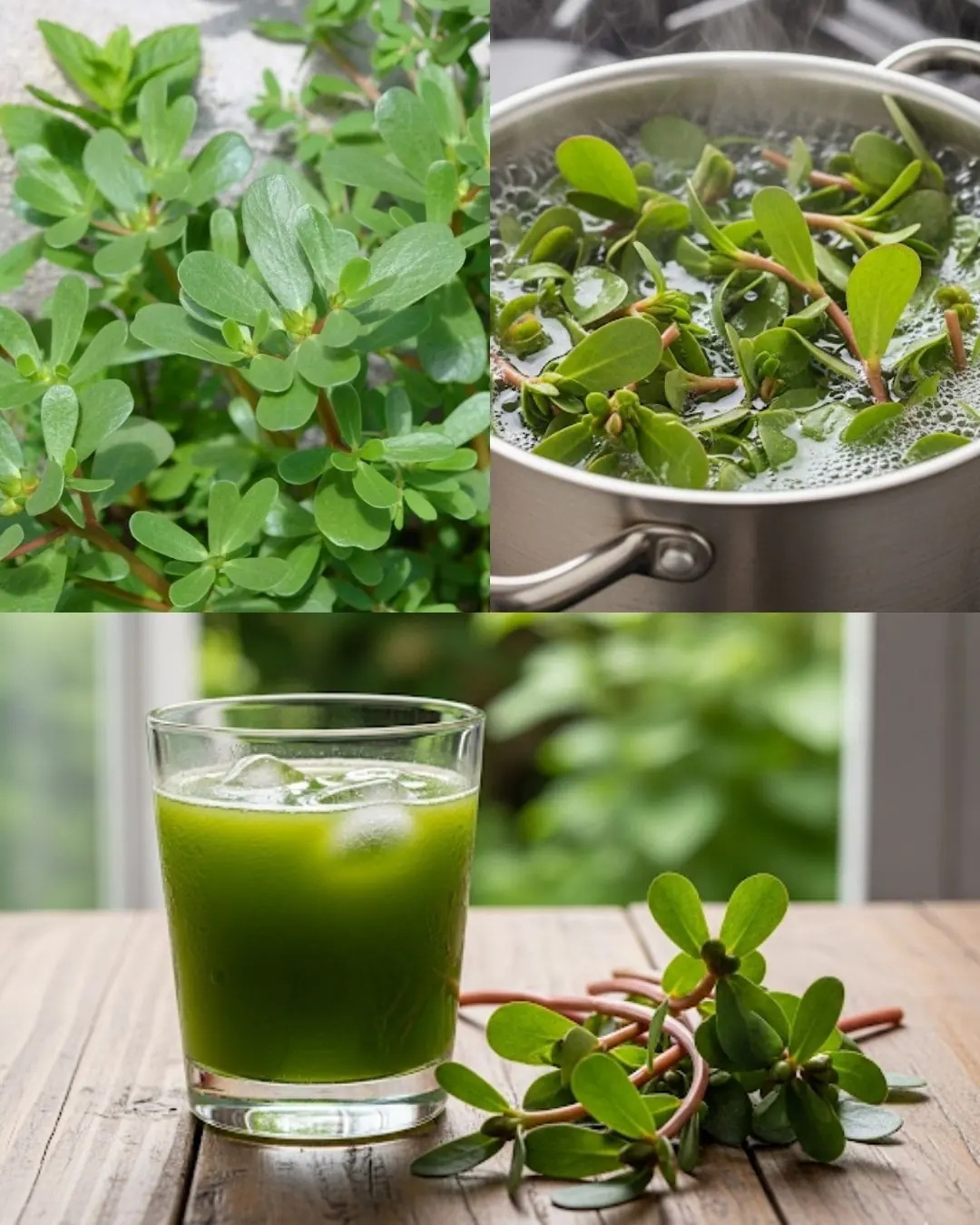
30 Powerful Reasons You Should Stop Ignoring Purslane

DIY Aloe Vera and Clove Toner: A Natural Remedy for Aging Signs

Treat Premature Gray Hair with a Natural Dye Using Tamarind and Potato – Cheap and Effective!

Here are 3 coffee drinking habits of many young people that can accelerate aging and cause various health problems

It's not a snake, this is the "a:ss@ssin" that can crawl out of your air conditioner at home.

Most US Neurologists Who Prescribe MS Drugs Take Industry Money

Cognitive Benefit From Ginkgo biloba Monotherapy in MCI

Keeping Up on HS Management When Guidelines Are Outdated

Orlando Bloom explains ‘horrible’ side effects his weight-loss transformation caused

A:dult star reveals the clause written into her contract that helps keep her safe

How Your Body Changes in Your Forties and What It Means for Your Health
Why Should We Not Open the Bedroom Door at Night?

8 Body Language Tips to Help You Appear More Confident

Why Should You Not Close the Door When Using the Air Conditioner?

Flight Attendants Reveal Surprising Truth About Coffee Cups on Airplanes
